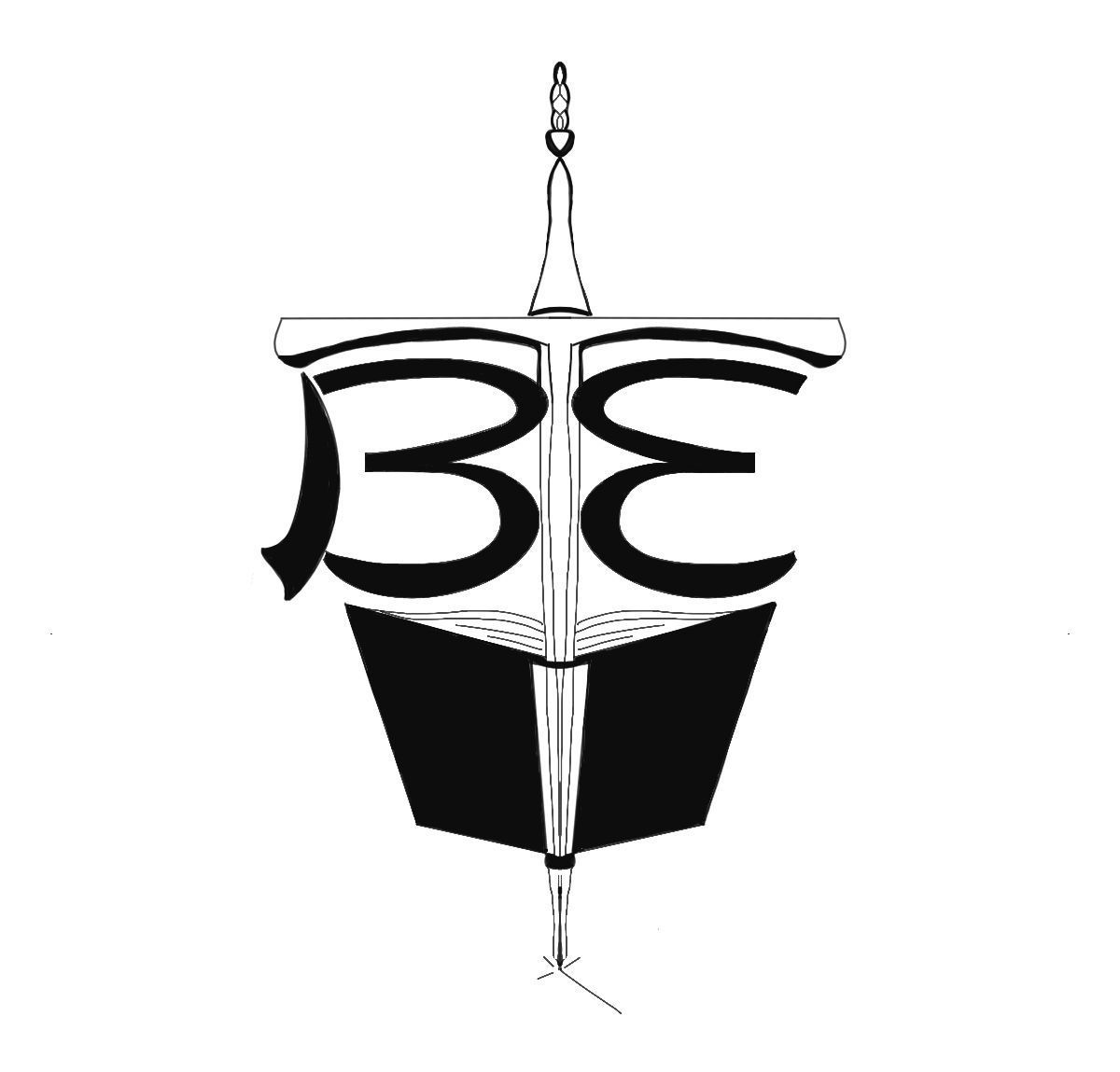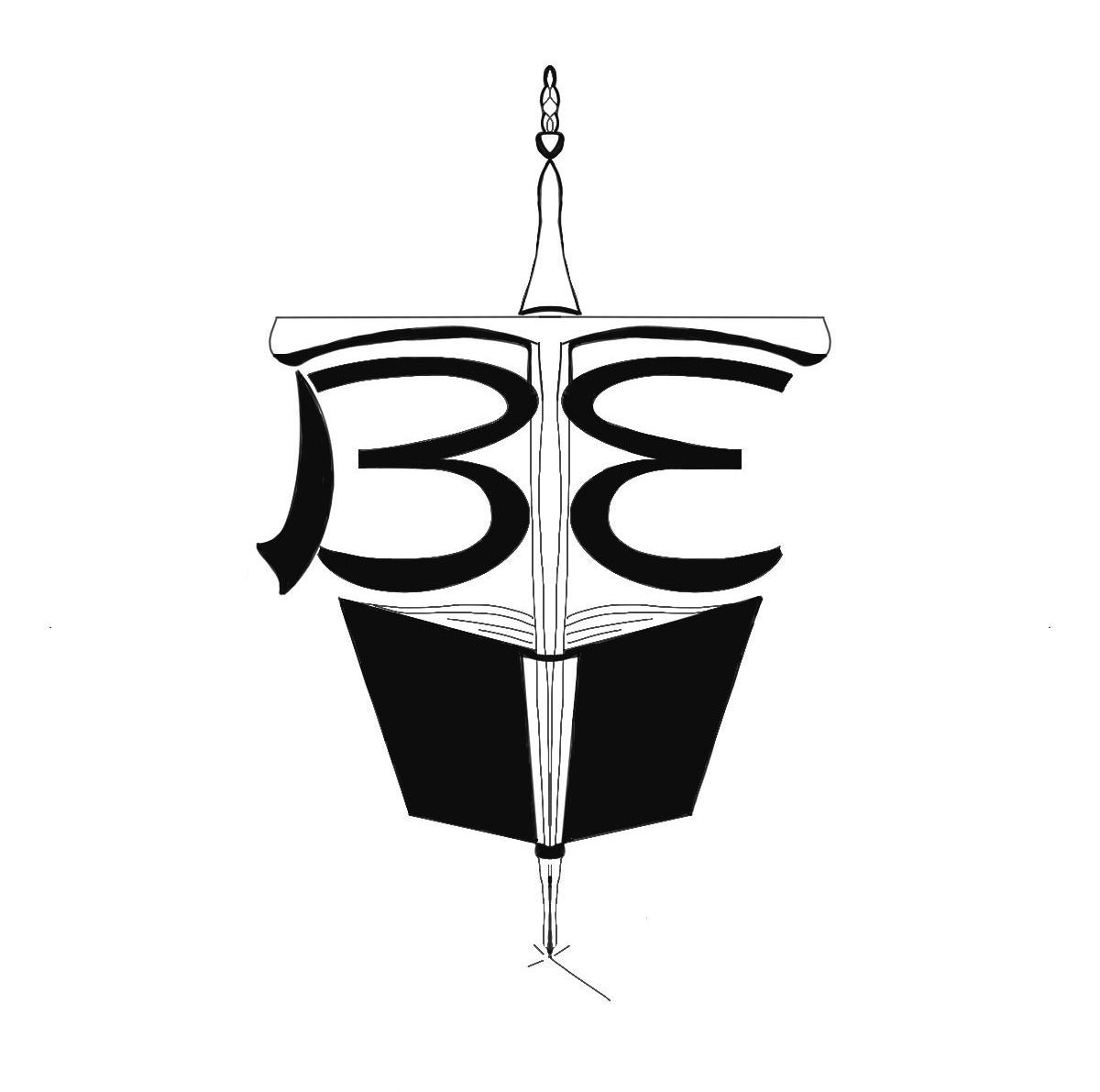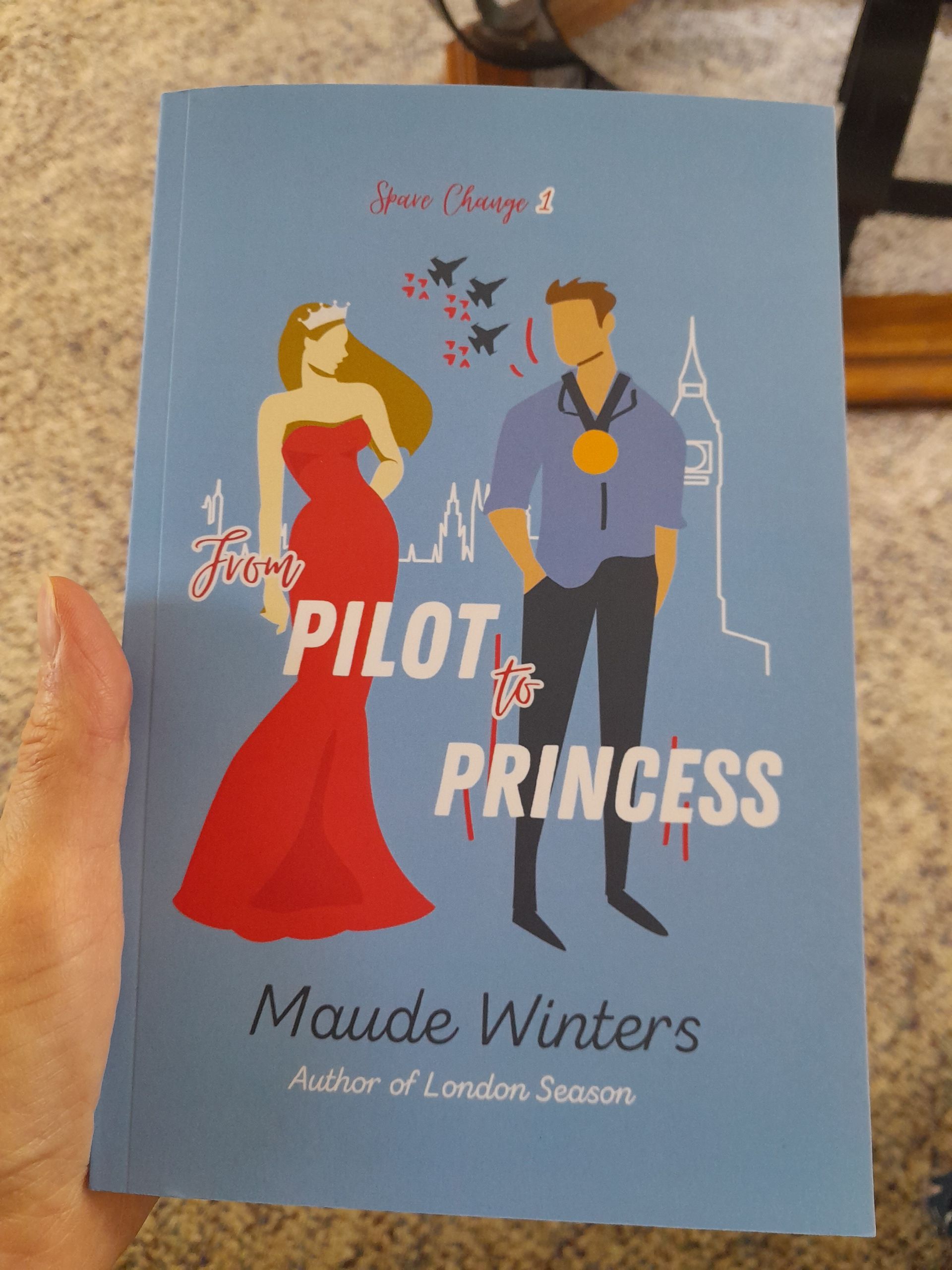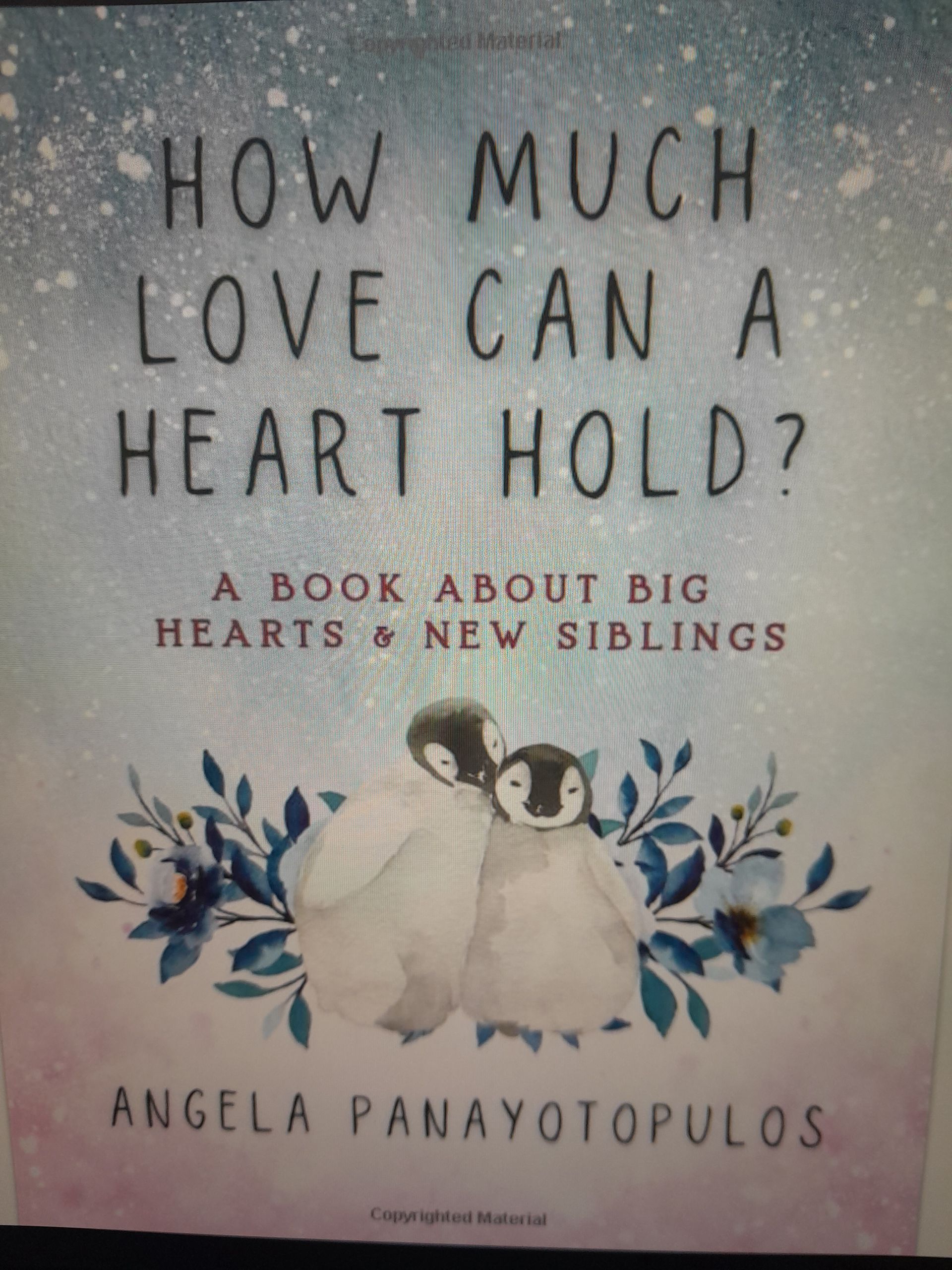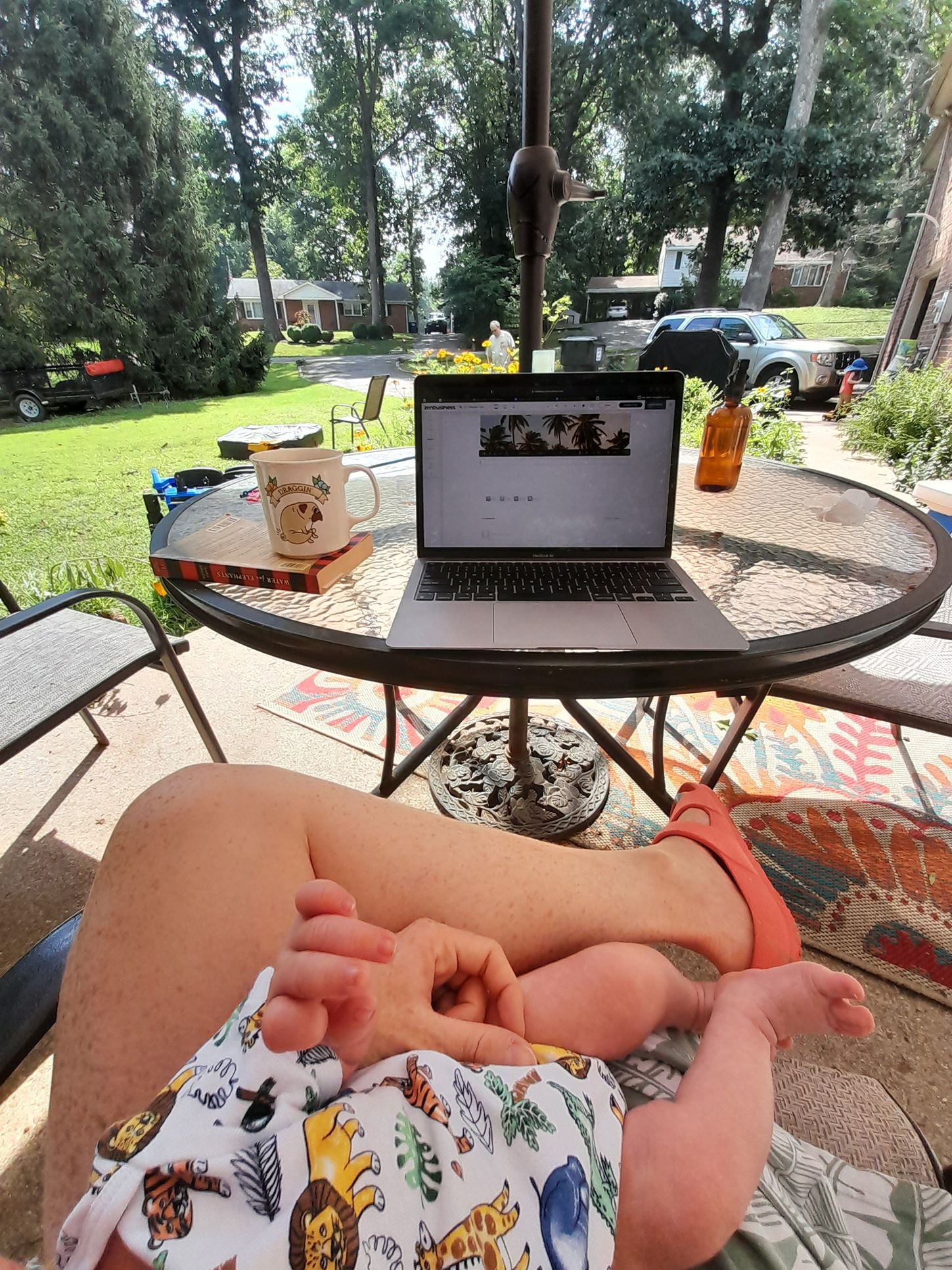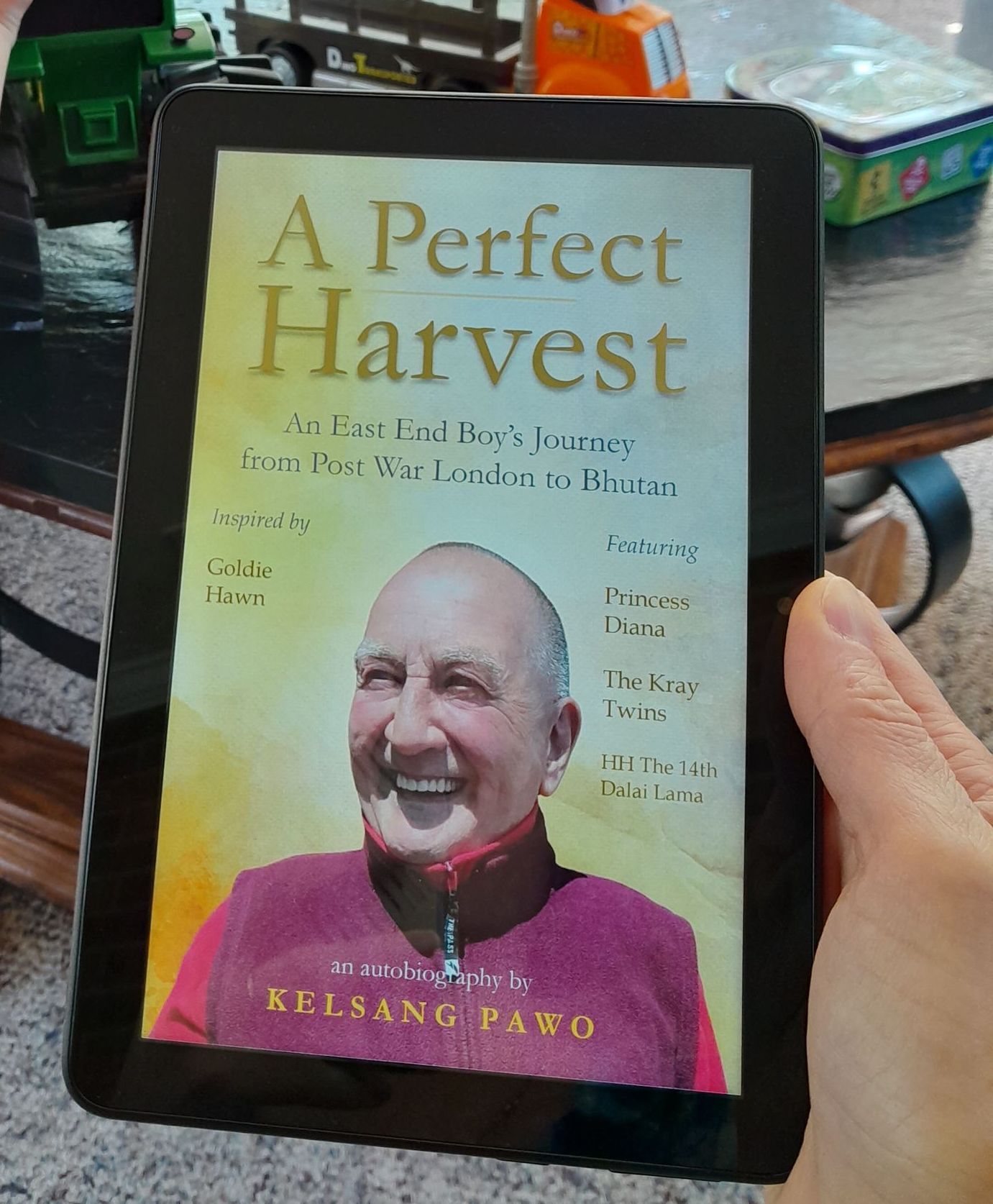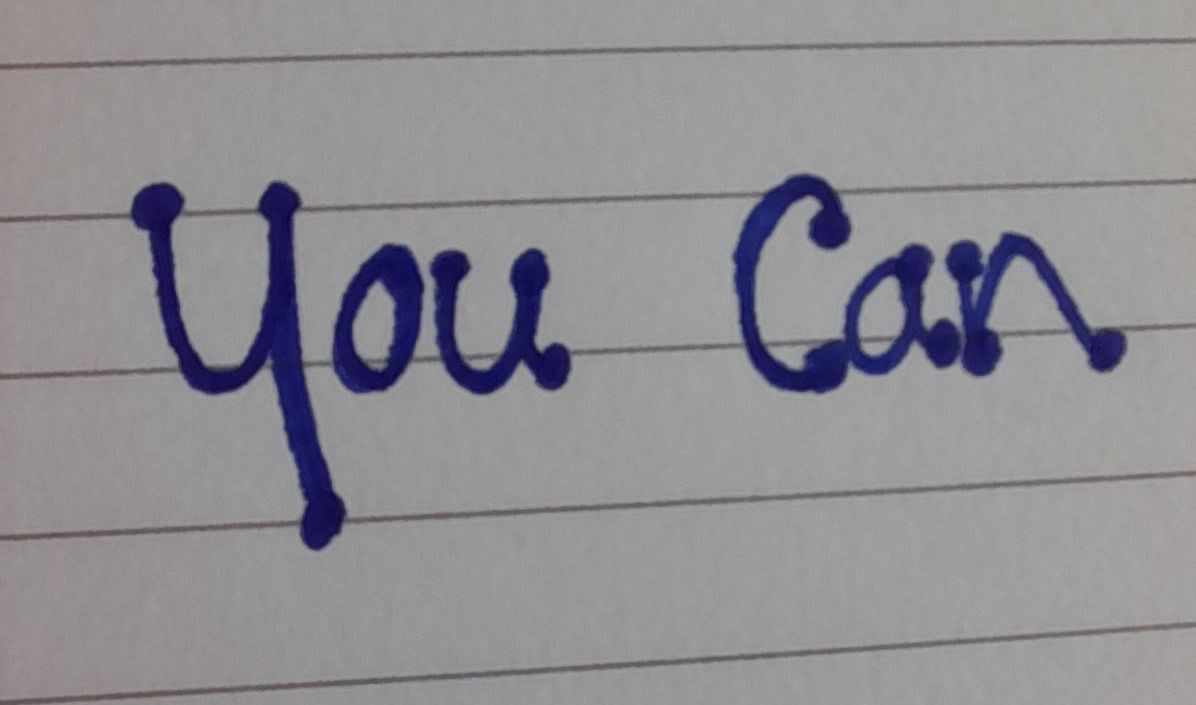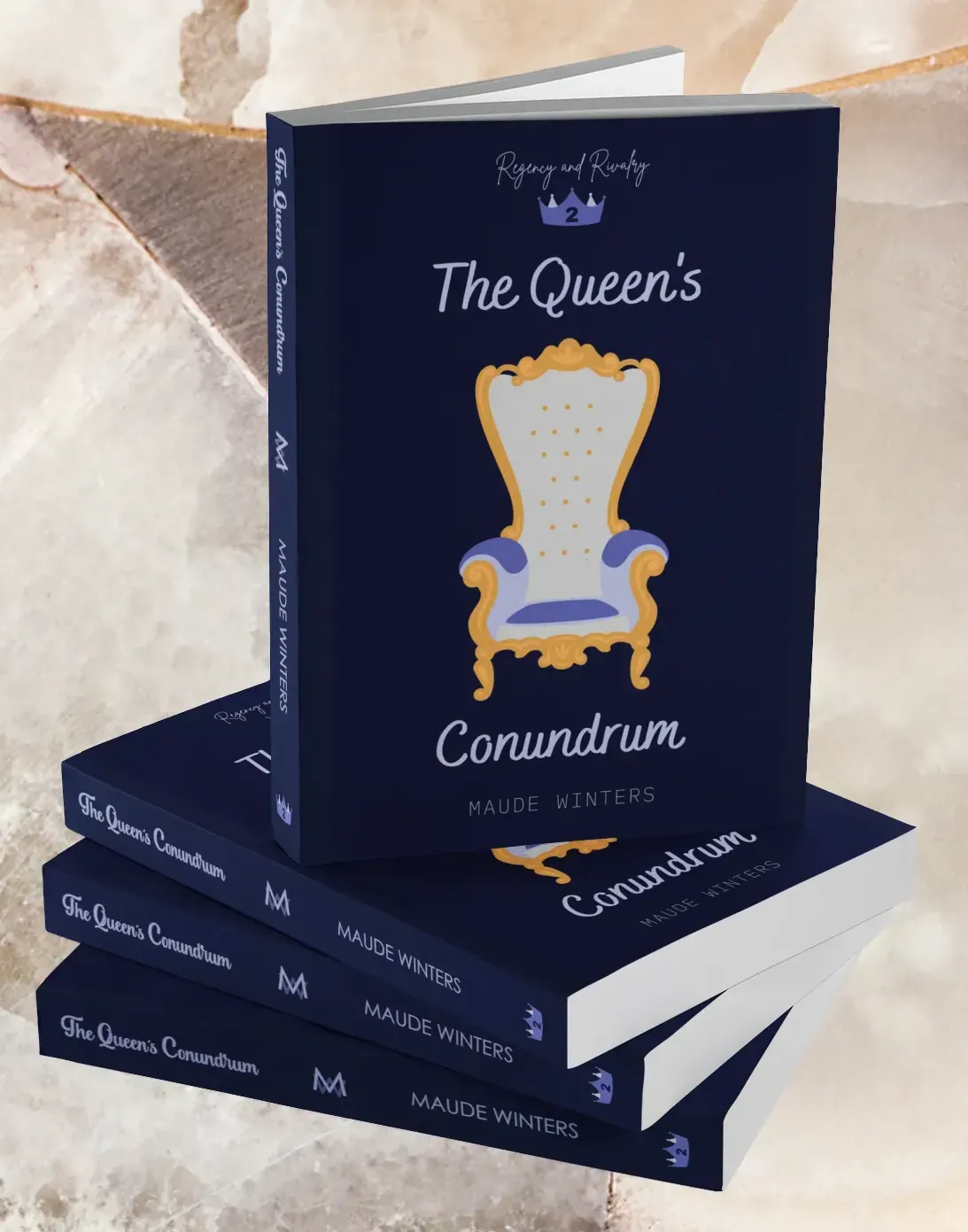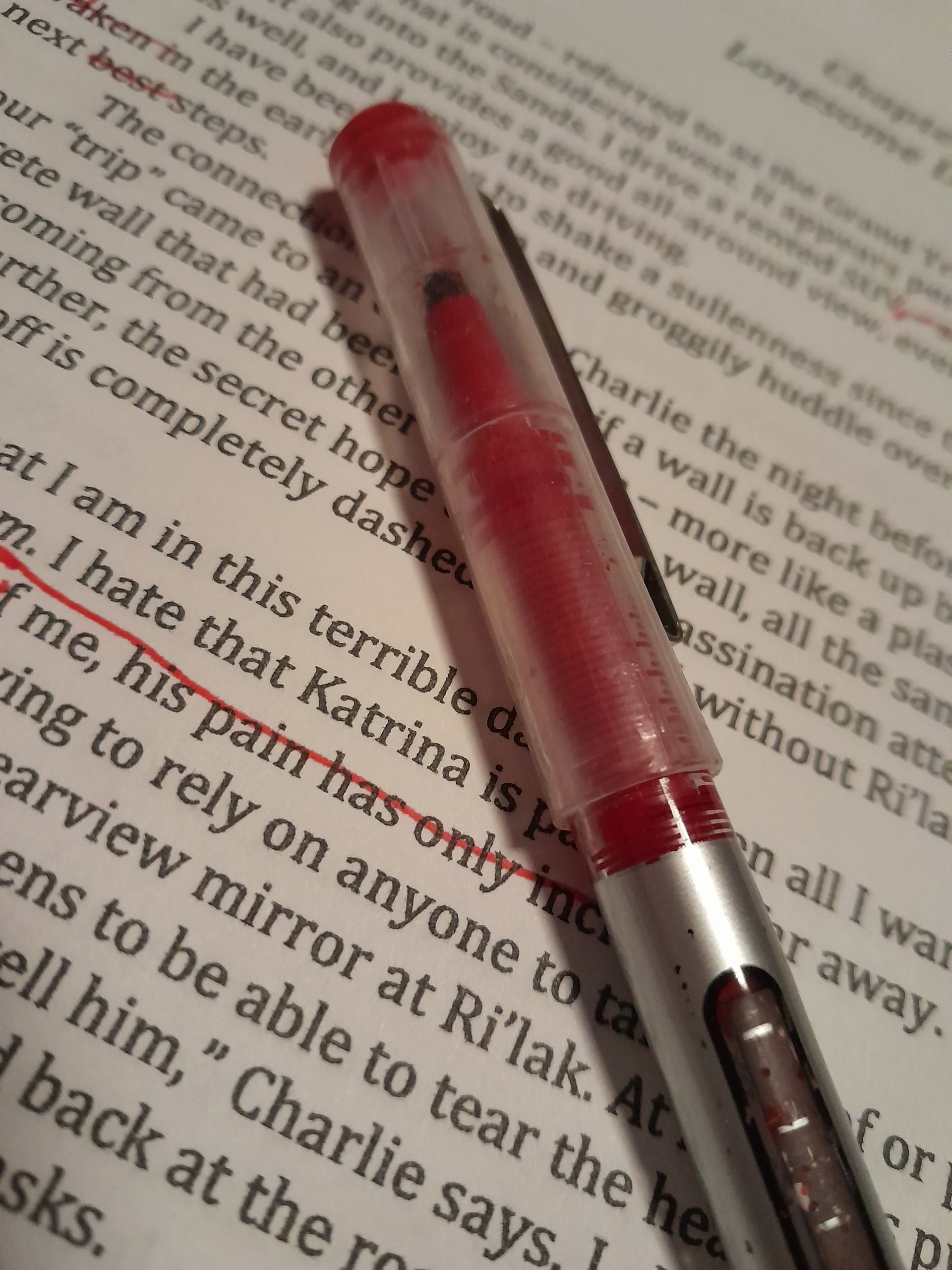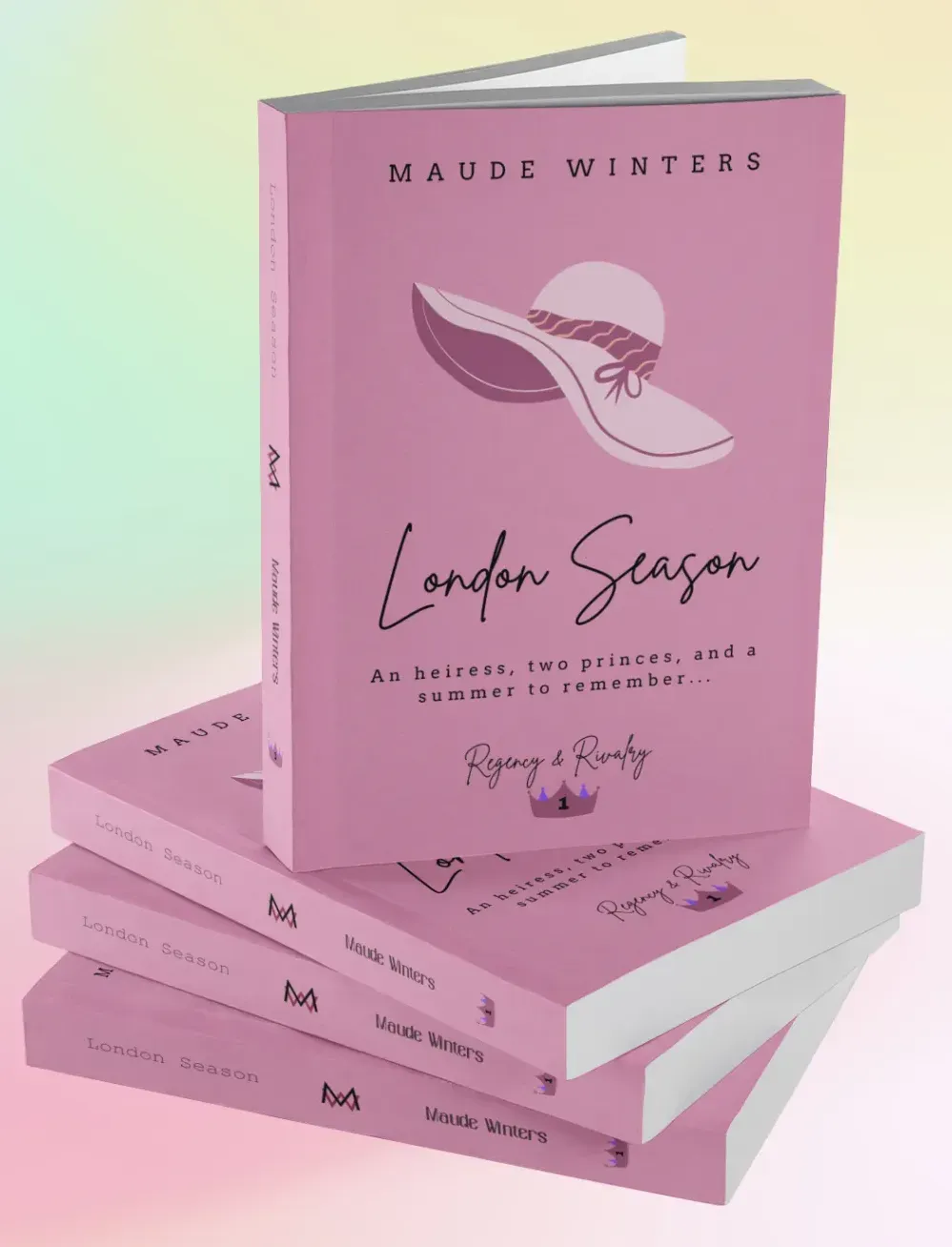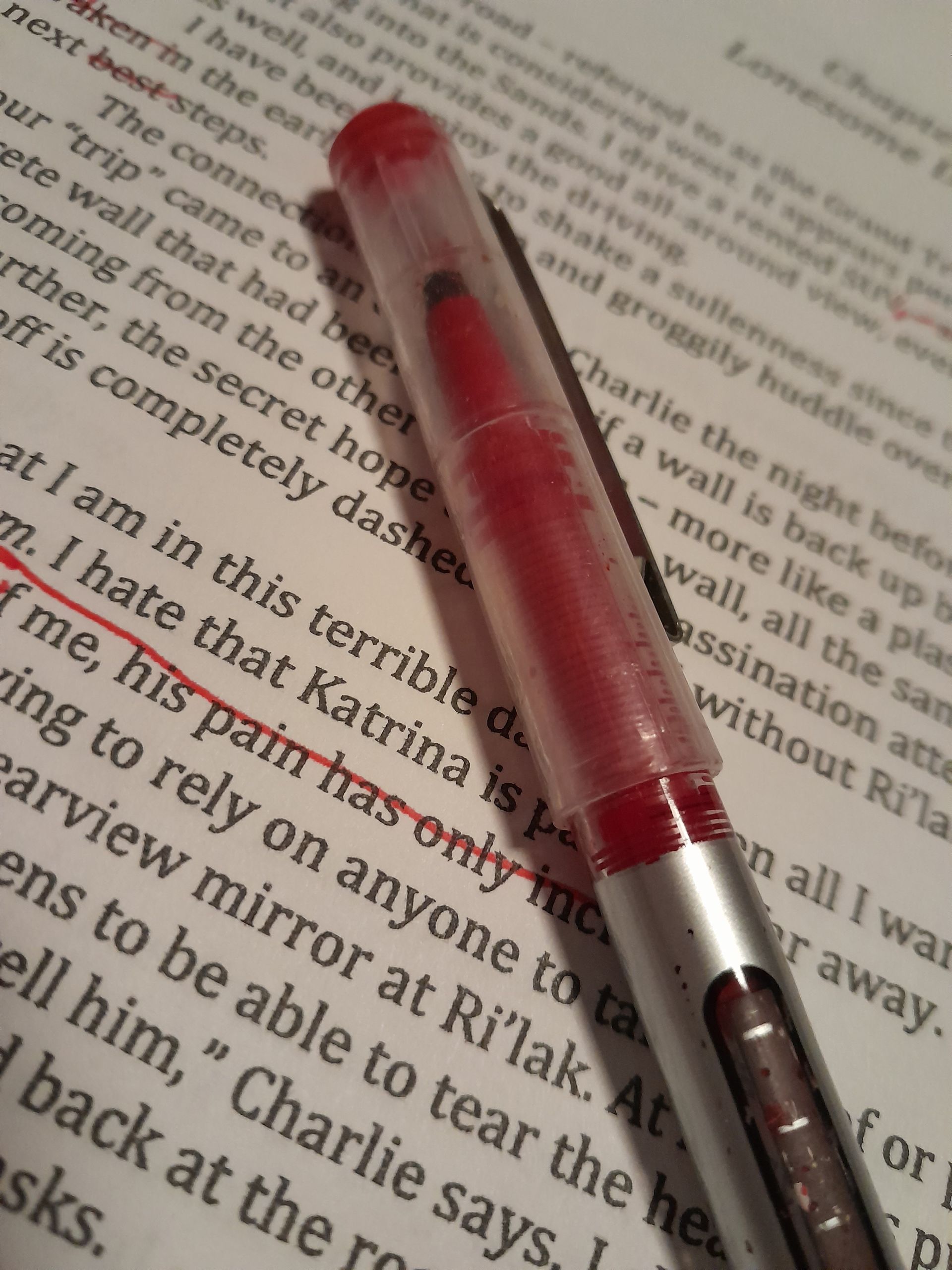Think: Is Nonfiction...Boring?
Touching on the need for readable nonfiction
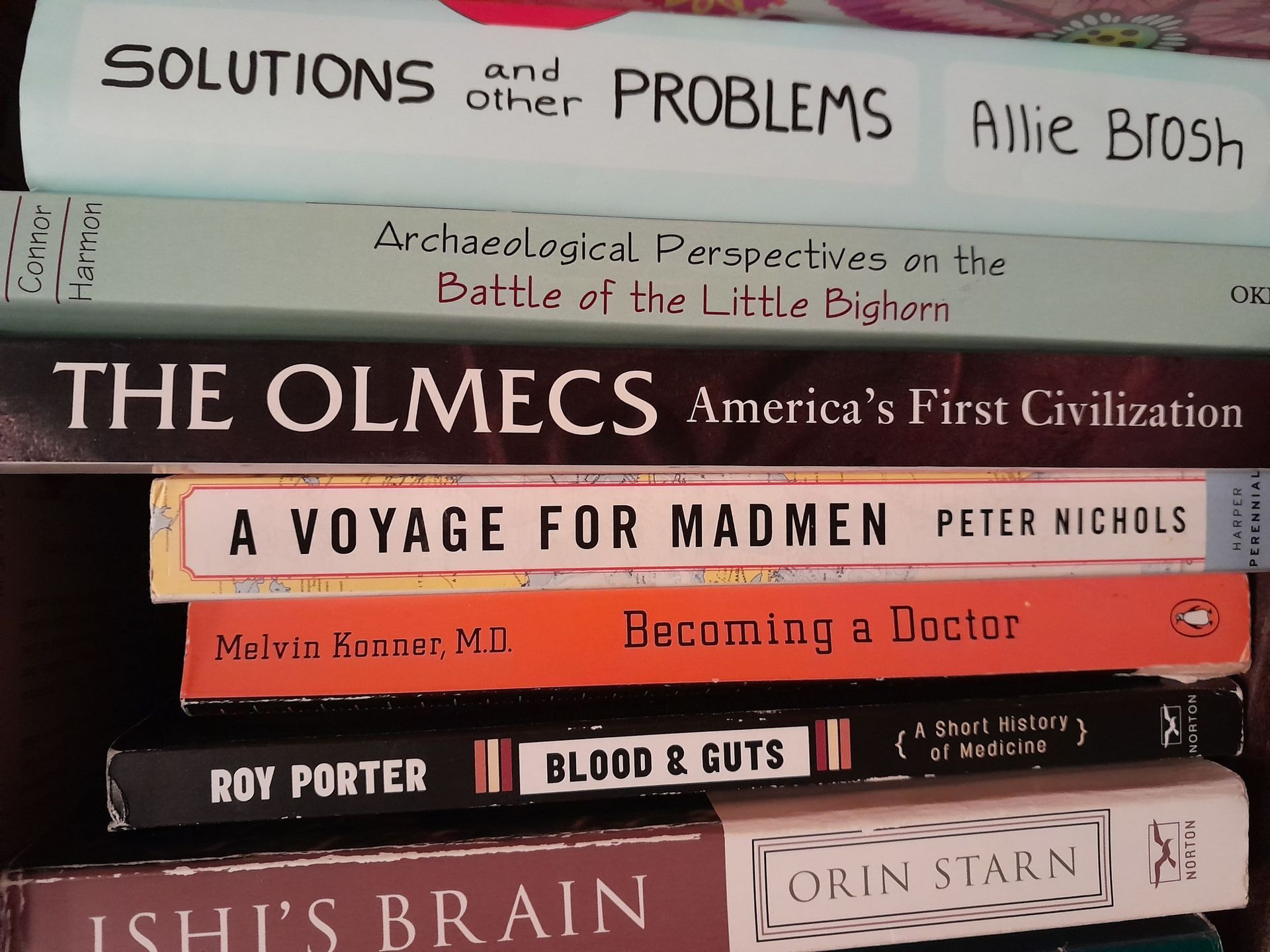
Is nonfiction boring? Well, let's be real: some of it is. I would bet that many people have been turned off to nonfiction after reading one too many boring history texts in school. This is something I have thought about a lot as a scholar, anthropologist, and professional in historic preservation. Why do people shun history as boring and unimportant? Nonfiction is not inherently boring...after all, nonfiction is also about telling a compelling story, just like fiction. However, these stories need to be vetted and researched. They need to come from reliable sources. Sometimes, this can make nonfiction something of a slog to get through.
I have always been a history buff. I had a few free periods during my senior year of high school, and I filled them up with history classes. Three of my seven classes were history. In college I elected to take a history of Western medicine class over creative writing, and it was one of the best classes I have ever taken. I minored in art history. Some of my favorite memories growing up involve visiting museums around Richmond with my dad; Richmond is rich with history, especially when it comes to the American Civil War. I went to graduate school for anthropology. I was totally fascinated with the world of ethnography and cultural studies. Then I worked for years in historic preservation reading and commenting on historic documentation, particularly as it relates to architecture. I found all of that "nonfiction" - the truth of humanity, real human stories - fascinating and significant.
In terms of my personal reading habits, I always try to read two books at once: fiction and nonfiction. However, I have a dark secret. I have an academic and professional background in fields of nonfiction and the study of humanity and culture. But in my free time...I really struggle to read history. I cannot remember the last time I actually read a history book, or an anthropology book, all the way through.
I devour fiction. And I can read nonfiction books related to my current life experiences without many hiccups...as in, I can finish them. The last nonfiction book I read was The Second Baby Book by Sarah Ockwell-Smith, and I really loved Like a Mother: A Feminist Journey Through the Science and Culture of Pregnancy by Angela Garbes.
I was looking at my bookshelves the other day considering the history and anthropology books scattered throughout the collection. I have read very few of them completely. Several weeks ago I came home from the thrift store - I get many of our books from thrift stores and used bookstores - with a huge book on President Truman by David McCullough. I have a soft spot for Truman after living in Missouri, but this book is HUGE - over 1000 pages. My husband saw it and said, "Who is going to read that?!" He loves big books and reading, but even he was not going anywhere near that one. In that moment I realized there was no way I was going to read it either! I said, "My dad will."
My dad did. I have always been impressed with his ability to soak up and digest books of all kinds but especially history. He read that whole book, sharing the interesting bits with me. I could never have finished reading a biography with that level of detail.
You know what else? I have found some of the most famous anthropological works incredibly dull. As much as I love and respect Margaret Mead, I could not finish Coming of Age in Samoa. Some of my favorite anthropological works were not written by anthropologists...they were written by journalists. There. I said it. It hurts me to say it, but sometimes the truth hurts.
The thing is...many published journalists can write! I mean really write. Not only is their work usually written well, but it is written in a way that is not overly wordy and knows how to really engage the reader. They may not be anthropologically trained, but sometimes I think that works to their advantage...they are more inclined to put their thoughts and feelings into their works, and that is usually quite a bit more engaging and interesting.
One perfect example is The Immortal Life of Henrietta Lacks by Rebecca Skloot. If you have not read it, you absolutely need to. Skloot has training in journalism and creative nonfiction, and it really shows in that book. I was completely enraptured, fascinated and at times horrified. Even if you have not heard the name Henrietta Lacks, you or someone you love has been directly impacted by her and her cells. Does that sound crazy? It is! And it's all true!
Another is The Spirit Catches You and You Fall Down by Anne Fadiman. That book is an incredible culture study and so relevant to the field of anthropology. In fact, I read it in multiple anthropology courses in undergrad and graduate school. This book catches you and does not put you down. It is one of the few nonfiction, anthropological books I have readily read more than one time. And Fadiman is not an anthropologist...she is a reporter!
The Moral Animal by Robert Wright is another nonfiction book I have read more than once. It was also assigned in anthropology classes, and it was even in a list of books recommended for study in order to pass our Master's exam in anthropology. Any guesses what Wright does for a living? Yeah, I think you get the idea: he's a journalist.
Please do not get me wrong here. There certainly are historians, anthropologists, and scientists who can write and engage their reader. However, they are a lot more difficult to name. These fields do train you to write, but they typically train you to write in a particular way: an academic way, following certain rules, and not in a way that really speaks to most readers. This is my experience anyway. I have studied anthropology for so long that I have certainly found some excellent writing by anthropologists, such as
The Forest People by Colin Turnbull,
In Search of Respect: Selling Crack in El Barrio by Phillippe Bourgeois, and
Mama Lola: A Vodou Priestess in Brooklyn by Karen McCarthy Brown. Generally speaking however, there are not many I would recommend to those who are not anthropologists...I am afraid they would find most anthropological texts boring or even unreadable.
My favorite historian is easily Roy Porter. I have read Blood and Guts: A Short History of Medicine and The Greatest Benefit to Mankind: A Medical History of Humanity, but he has written many more. I want to acknowledge that I know there are great books out there in these fields...they just are not always easy to find.
But I have also been thinking about this a lot. There is a need for scholars and professionals in their fields to write about their expertise in a way that is digestible to the masses. I think this is extraordinarily important, especially in a day and age where misinformation (and completely made up information) abounds.
I am determined to read more history...and finish it. And I want to read more history written by historians and anthropology written by anthropologists. They train for years in their field, spending hours upon hours reading and researching. They are also trained in the ethics of their studies; this is very important.
I would definitely like to know what other readers, writers and scholars think. Further, if you can think of some specific books I need to read - especially in history - I want to hear about it!
